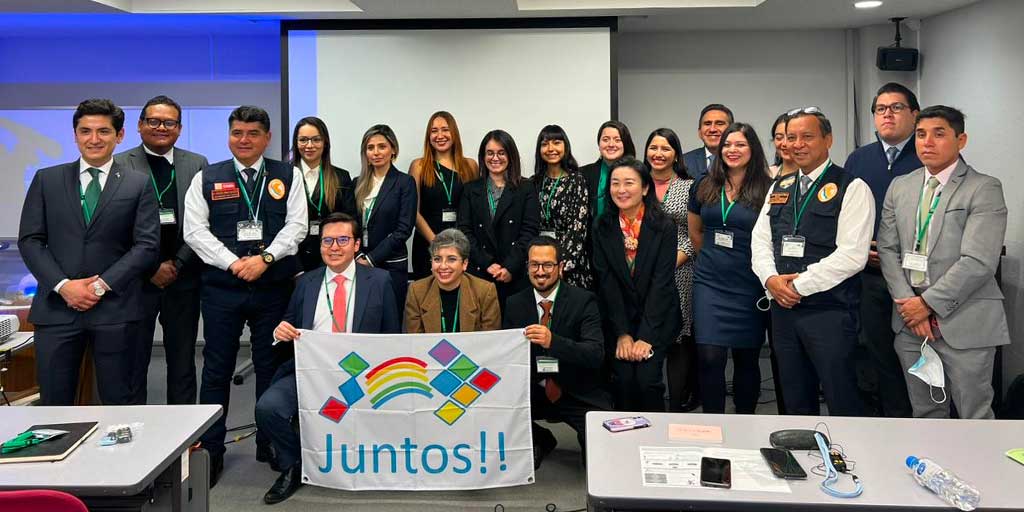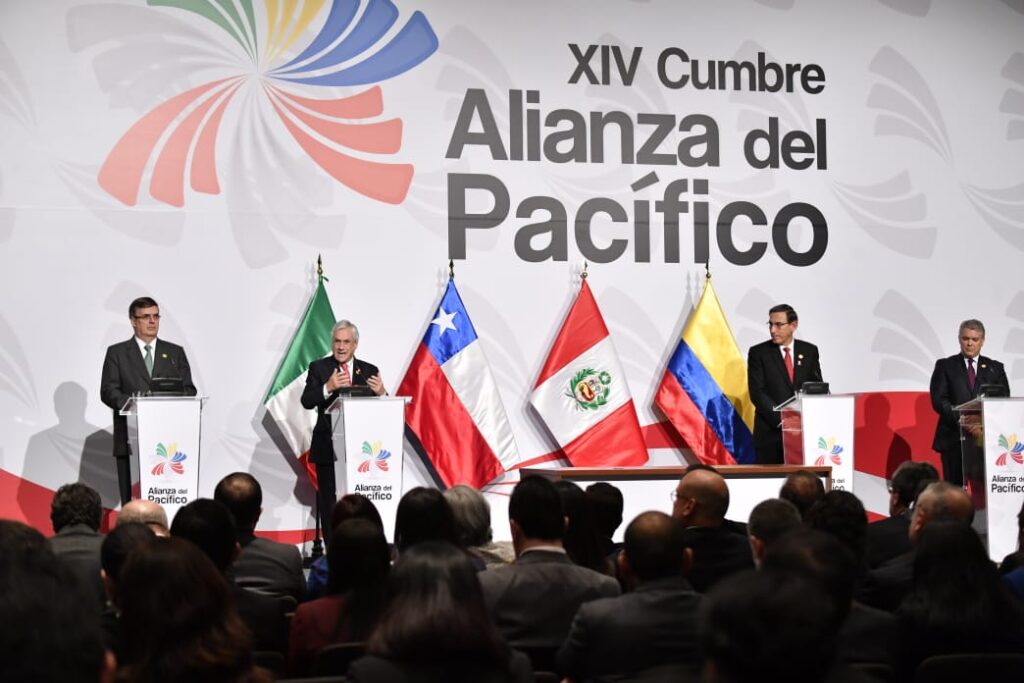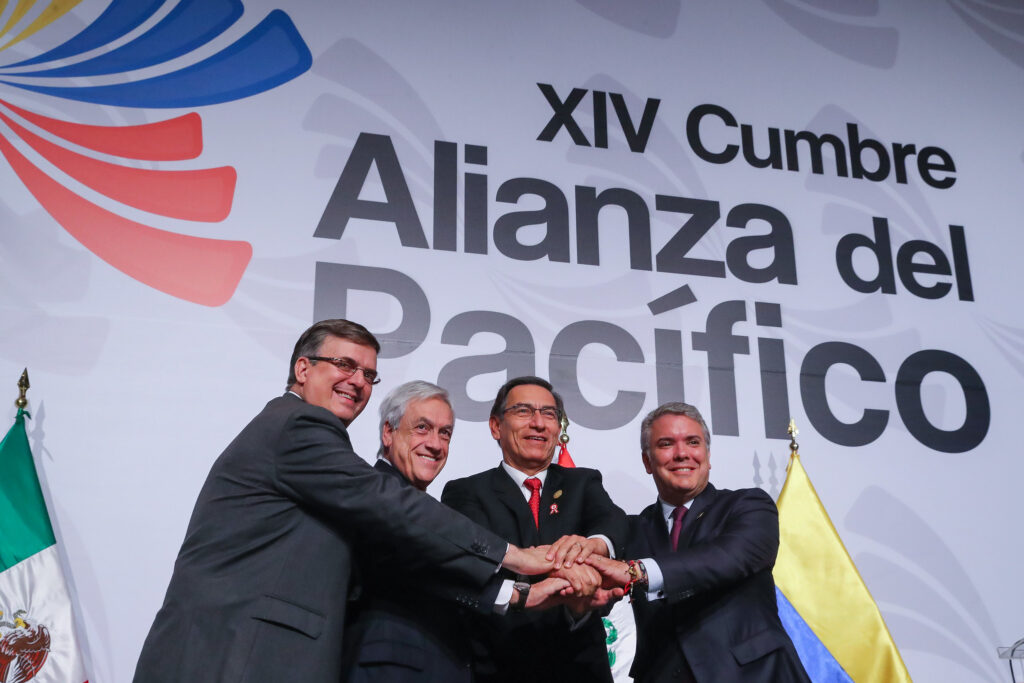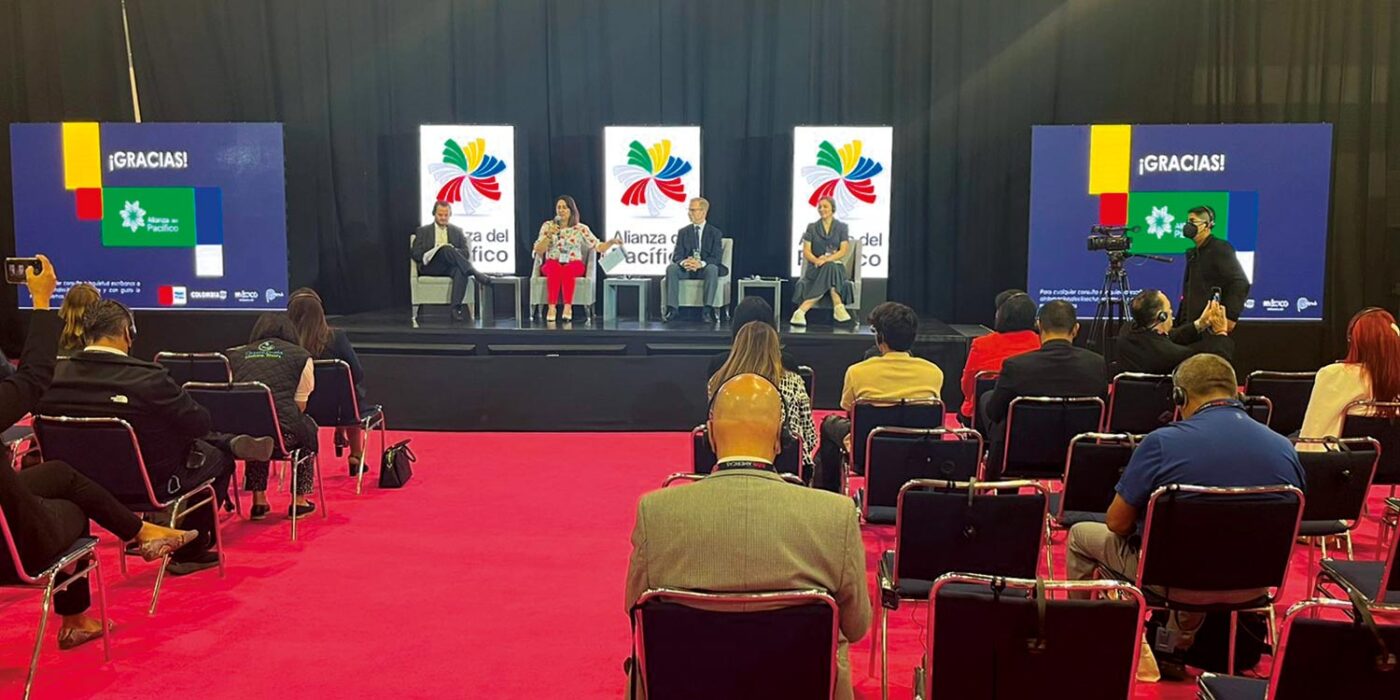-
There were more than 5,000 registrations for the event, including investors, business people, corporate representatives and entrepreneurs, among others.
-
Two central themes were developed: information and communication technologies (ICT), and social and business innovation.
-
The event was followed via streaming by more than 10,000 users from Argentina, Brazil, Colombia, Chile, Mexico, Spain, United Kingdom, United States and Peru.
The Minister of Foreign Trade and Tourism of Peru and President of the Board of PromPeru, Magali Silva, reported that the fourth LAB4+, the Entrepreneurship and Innovation Forum of the Pacific Alliance, generated business deals and investments for USD 26 million between business matchmaking events, specialized workshops and technology investment roundtables.
Mrs. Silva also reported that 70 technology exporting companies and 50 innovation buyers attended the business matchmaking. At the same time, a technology investment roundtable – ‘Demo Day’ – was carried out with 24 start-ups and 53 investors, as well as a roundtable for investment on social enterprises – ‘Social Demo Day’ – with 12 social enterprises and 16 investors. These last two events achieved more than 100 business appointments.
“We can say that this new version of the Pacific Alliance’s Entrepreneurship and Innovation Forum has been a resounding success. More than 5,000 people were registered, including 60 venture capital investors, 750 businessmen or representatives of corporations and entrepreneurs, 50 delegates from government organizations and public authorities, 20 more from development banks, another 20 from innovation centers and 50 from incubators or university entrepreneurship centers,” explained Silva.
On the other hand, Valentina Venegas, ProChile’s coordinator for the Pacific Alliance, said that “we are very pleased with the large participation of Chilean entrepreneurs and service exporters, who could take advantage of the various prospects offered by this last LAB4+ forum. No doubt it has established itself as an ideal space to generate business, find capital for their ventures, discuss their common challenges and create networks with their peers, considering that Peru, Colombia and Mexico are among the main destinations for our service exports.”
For ProColombia, LAB4+ has become the ideal scenario for the exchange of experiences and knowledge, creating new business opportunities, strengthening and promoting more and better trade relations among the countries that form the Pacific Alliance.
Likewise, Daniela Robles, ProMéxico’s First Secretary in Peru, said that Lab4 + is becoming increasingly important, “given that we are members of the most innovative integration initiative of recent years, in favor of the free movement of goods, services, capital, people and, most importantly, innovation. Together we form a business alliance based on the mutual desire for innovation. This objective allows us to take firm steps in positioning globally the «Made in the Pacific Alliance» design.”
This innovative forum, said Silva Velarde-Álvarez, comprised six key areas where experiences were shared, business deals materialized and, most importantly, the four innovation ecosystems of the Alliance’s member countries were connected. According to the program, ten master class presentations and six thematic panels were given; 12 inspirational keynotes – ‘Lab Talks’; one business matchmaking; a roundtable of technology investments; a roundtable of investment for social enterprises; and eight workshops of high-tech subjects.
Magali Silva also said that “innovation is a fundamental factor in the development of companies. It is directly related to competitiveness, job creation and the economic growth of a country. That is why we have created a brand that seeks to be a reflection of Peru, as a country that promotes, rewards and forms creative minds, and that serves society.”
Therefore, she said, it was essential to start the Forum with the truly masterful presentation of Israeli engineer Uri Levine, creator of Waze, an application for assisted GPS navigation created to reduce the hours that drivers may waste in traffic and that today is used by more than 250 million people worldwide. Levine, with the topic of Global Scale Digital Ventures, captivated the audience by briefly tracing the history of his app’s success, from its origin to its fulfillment.
Immediately after, the panel on Innovative Cities took place, in which a number of Latin American stories were shown, where the experience of Ruta N in Medellin, Colombia; Singapore’s eco-district; and the Fertile Region Project in several towns of northern Chile gave us examples of how technological innovation is associated with social entrepreneurship to create an added value to the citizens’ quality of life.
Other panels discussed the subjects of Social Innovation from the Corporation; Social Innovation in Business and Societies; Innovation in the Pacific Alliance; Boosting the Entrepreneurship Ecosystem in Latin America; Investment in start-ups; all these had the participation of experts from specialized university centers and representatives from technology innovation companies from the four member countries of the Alliance and Spain.
On the forum’s second day, two master class presentations stood out. The first one, by Adam Gutstein, vice president of PwC: ‘Growth, Strategy and Successful Execution’; and the second, ‘Learning from the Best Innovation Teams in the World’ by Carlos Osorio, faculty fellow at the MIT Sloan School of Management, and professor and director of the Master’s in Innovation program (at Universidad Adolfo Ibañez, in Chile).
Twelve other Lab Talks took place that same day, where an equal number of innovative entrepreneurs in various fields shared their experiences in brief and inspiring presentations on topics such as Internet Challenges in Latin America, or Ending the Water Problem, plus eight intensive workshops on topics of technology, social innovation and investment, that convened more than 600 participants.
According to the World Bank, Pacific Alliance high-tech exports totaled USD 51 billion, which means an annual growth of 4.9% between 2005 and 2014. This amount represents 75% of shipments from Latin America and the Caribbean. It is also necessary to highlight the dynamism showed by foreign sales from Peru and Colombia, which grew 10% and 7.8%, respectively.
The first LAB4+ was held in Santiago de Chile on December 6, 2013 and was aimed at the IT start-ups sector. The second one took place in Cali, Colombia, on 29 and 30 October, focused on the manufacture and technology services sectors, and generated business worth USD 8.4 million. The third one was held in Puebla, Mexico, on 5 and 6 October 2015, and it focused on the sectors of creative, design and technology services industries, generating commercial operations for USD 12 million. The next LAB4+ will be held this following year in Chile.
Lima, June 3, 2016

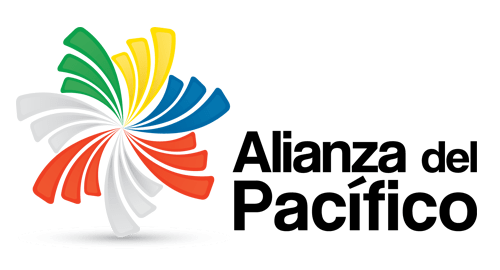

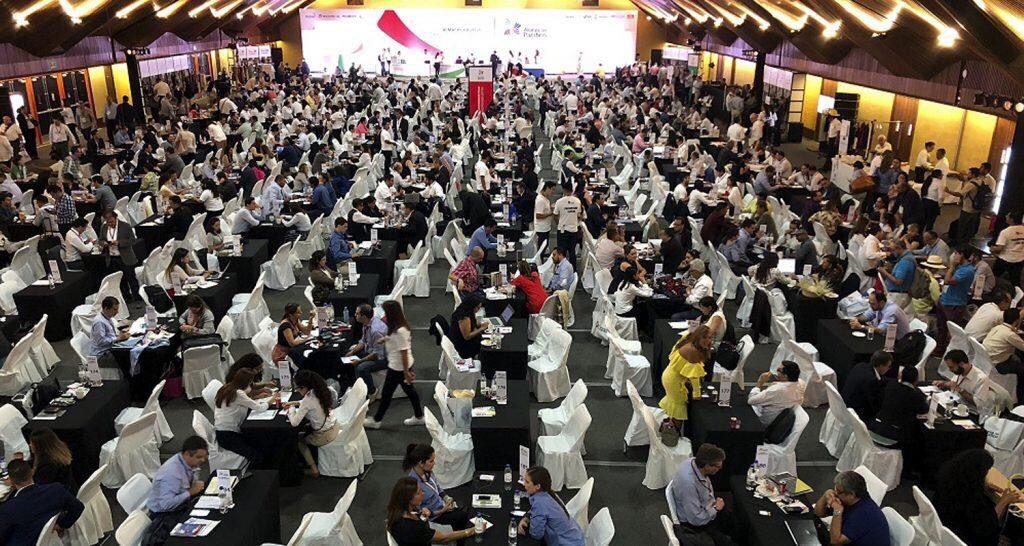
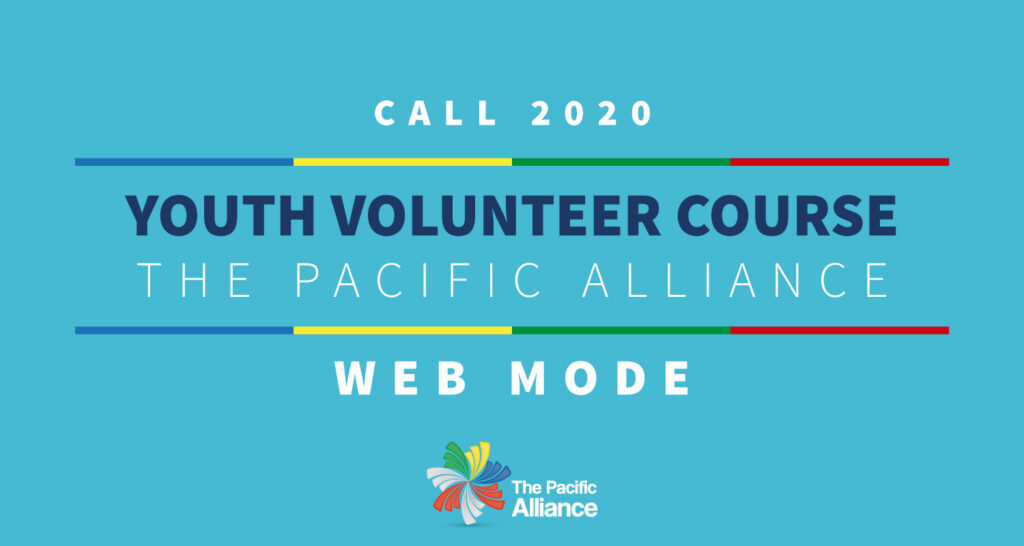
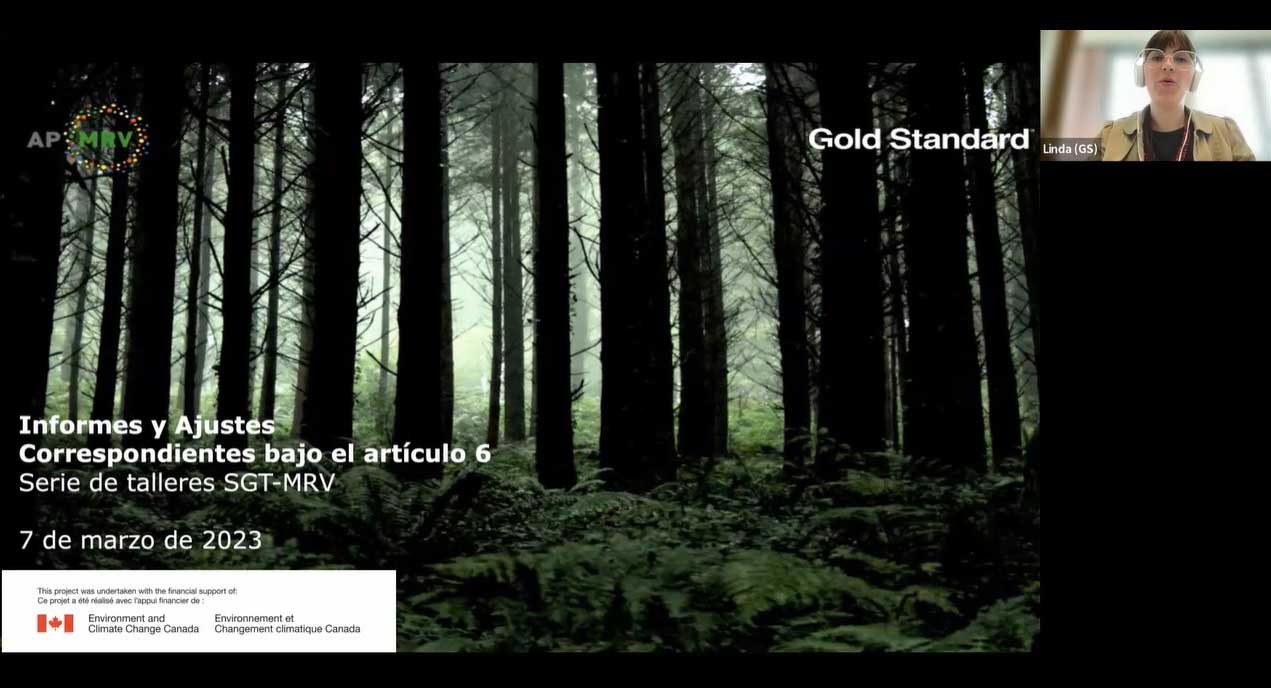
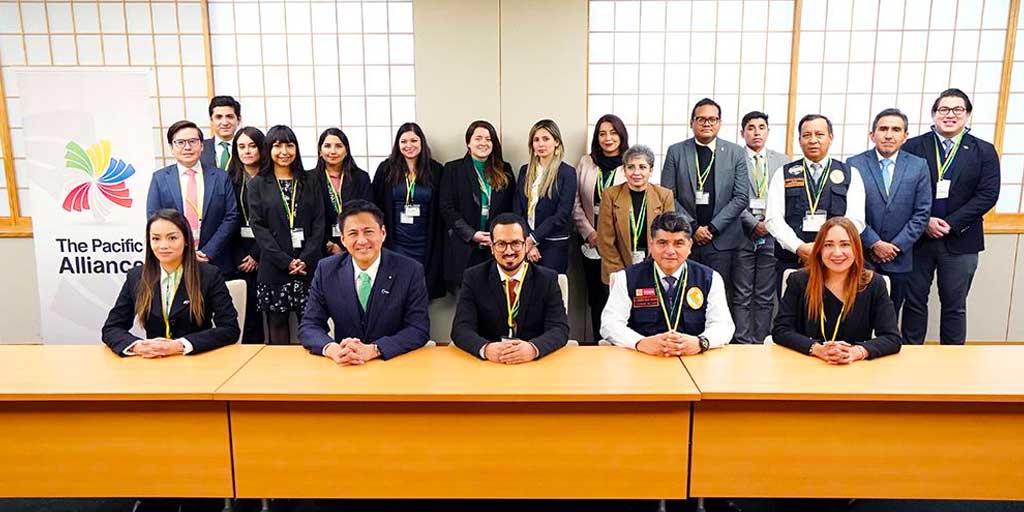
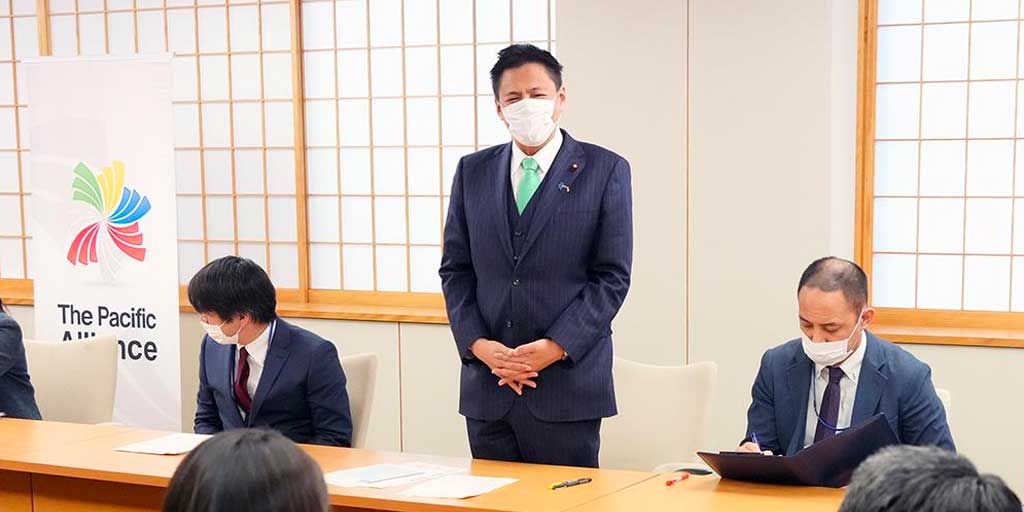 Minister Takei also pointed out that this edition of the Together Program provides his country with the opportunity to share their knowledge and experience in disaster prevention and mitigation issues, as well as initiatives that use ICTs.
Minister Takei also pointed out that this edition of the Together Program provides his country with the opportunity to share their knowledge and experience in disaster prevention and mitigation issues, as well as initiatives that use ICTs.